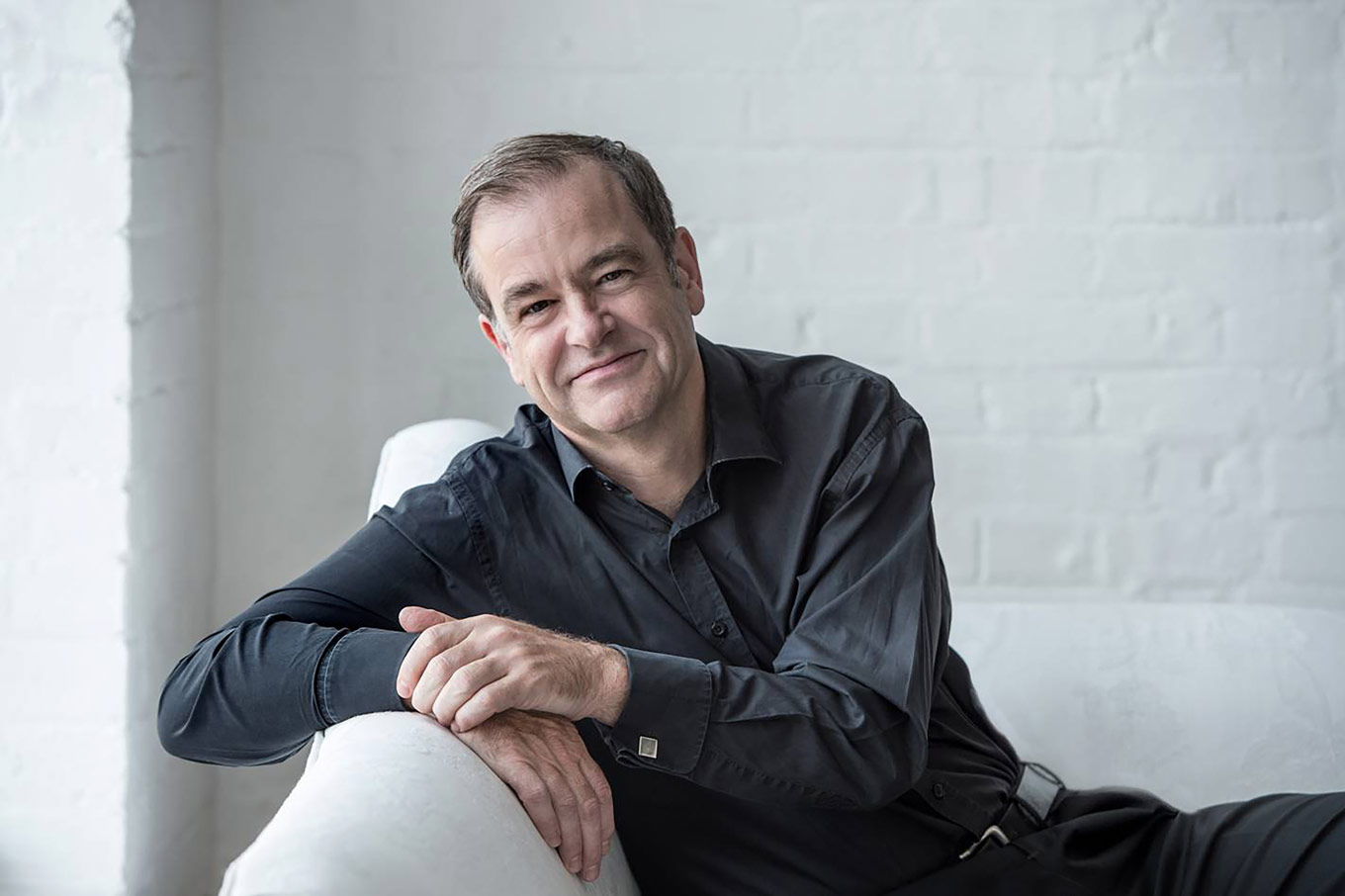
Bold recitals & etiquette done right: Fabiano & Drake at Wigmore Hall
ReviewMichael Fabiano likes to start with a bang. His Wigmore Hall debut, with Julius Drake at the piano, marked the end of his recital tour and he opened with Henri Duparc’s Le manoir de Rosemonde. The first of seven songs by Duparc, “Le manoir de Rosemonde”, was dramatic and melancholy and allowed Fabiano to demonstrate his vocal range. “La vie antérieur”, by contrast, was lush and full-sounding while “Extase” was languid. Fabiano then moved on to three songs by Liszt which were set to text by Victor Hugo. Liszt and Hugo had a close friendship and Liszt set seven of Hugo’s poems to music between 1842 and 1844. Fabiano performed “Oh! quand je dors”, “Comment, disait-ils” and “Enfant, si j’étais roi” all of which seemed to sound more comfortable for Fabiano than the previous set both in his voice and the language itself. Drake’s sensitive playing was especially evident during the Liszt songs and the first half ended with the audience audibly pleased with the concert.
Before I delve into the second half of the program, I would like to comment on Wigmore Hall as a venue and their efforts surrounding concert etiquette. The topic of concert-goers, cell phones and protocol has been in the media over the years from The Guardian article “A quiet word about classical concert etiquette” (September 2013) to the recent (and somewhat sensational) Daily Mail piece titled “Fans slam London’s Royal Opera House for mobile phones” (April 2017). The topic has also been covered by Jenna in Schmopera articles “Concert etiquette, or put down your phone” (November 2015), “4 New Year’s resolutions for opera fans” (December 2016) and “An open letter to a rude bunch of operagoers” (February 2017).
Suffice it to say that you should not be using your phone during a concert and turn it off so that it doesn’t disturb others, or the performers, with sounds, buzzing or the illuminated screen. The exception is, of course, a performance that encourages you to use your phone.
But what does “turn your phone off” really mean? For most people they will simply silence it which means it may buzz with an incoming notification but it will not make sound. For others it may mean airplane mode which disables any connection with wifi or data. Wigmore Hall makes its mobile phone policy quite clear on their website: “The use of ‘Do Not Disturb’, ‘Airplane’ or silent modes on mobile devices is not permitted. All mobile devices must be powered off during performances.”
This phone etiquette, and concert etiquette in general, is echoed three more times during the evening at Wigmore Hall. First, there’s a large, framed No Phones sign on the stage, then there’s the reminder in print in the programme. Finally, in case you are not sitting near the stage or did not buy a programme, they make an announcement before the start of each half reminding patrons to turn off all devices and to refrain from/stifle coughing. There’s an additional reminder in the program, at the bottom of the page, to wait to turn the pages until there is a suitable break and not during a piece of music.
In eight months of attending concerts and performances in London, Wigmore Hall does the most thorough job of communicating the expected behaviours that ensure the best experience for all attendees that I have come across in any venue.
After the intermission (interval!) Fabiano and Drake returned with Puccini, Toscanini and Barber, oscillating between Puccini and Toscanini and closing with three Barber songs. Again, Fabiano started with a bang, confidently striding out onto stage and starting almost immediately. Puccini’s “Inno a Diana” is a showpiece and afforded fun interaction with the audience where “E l’uccellino” was sweet. Tosanini’s “Spes ultima dea” changed the atmosphere with its esoteric and philosophical nature where his next piece “Il pescatore” was very playful.
It is in this Italian repertoire that Fabiano really shines as this music suits him perfectly. The dramatic range allows for a beautiful amount of diversity. His next piece, Puccini’s “Terra e mare” was the most Puccini-esque of the evening with its soaring melody, very evocative of the classic Puccini vocal lines.

Julius Drake’s playing, which was nuanced throughout the program, was never more apparent than in the Barber songs, “Rain has fallen”, “Sleep now” and “I hear an army”. The three songs have beautiful piano lines that compliment the vocal melody and also shine on their own. For his encore Fabiano performed Lensky’s aria from Eugene Onegin, the role with which he made his Royal Opera debut in 2015, and Strauss’s “Habe dank” which, according to my German-speaking guest, was sung with good pronunciation and diction.
Many in the audience knew Fabiano from the 2015 production of Onegin and were thrilled to hear the piece - there was much discussion in the ladies washroom after the show. The ladies also concluded that they couldn’t wait to hear him on stage again!

Comments